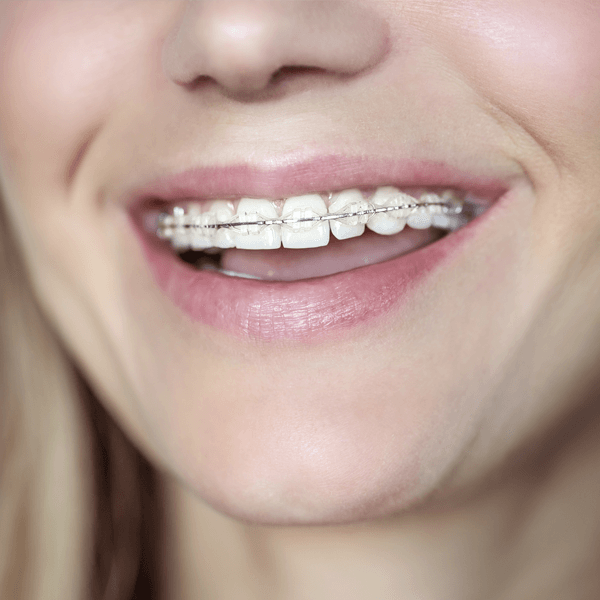Dental Braces
Getting dental braces can be a daunting experience. However, there’s no need to be scared. Most people fear dental braces because of the misconceptions surrounding them. For instance, some people believe that metal braces are for kids and teens only. That’s not the case at all. With the correct information, getting dental braces should be a walk in the park. No one is ever too old to get dental braces. Here’s what you need to know.
Why Get Dental Braces?
Orthodontic problems like malocclusion aren’t just an aesthetic issue. They also significantly affect dental health. If your teeth are slightly crooked, your risk of getting cavities will be significantly higher because there’s more space for bacteria to hide. This is made worse because you won’t be able to brush and floss effectively.
Severely uneven teeth can also affect your speech and jaw. They can even cause temporomandibular disorders. Metal braces are very effective at correcting tooth malocclusions.
How Dental Braces Move Teeth
Metal braces exert constant pressure on your teeth for extended periods of time. This forces your teeth to shift back into their normal positions as the shape of your jaw also adapts to conform to the pressure.
The time it takes for dental braces to work varies with the type and severity of the condition being corrected. In most instances, people wear braces for about one to three years. The best way to shorten that time span is to ensure that you are following the orthodontist’s instructions as closely as possible.
Maintaining Metal Braces
Even though metal braces are made using tough wires and brackets, they can get damaged. As such, it’s important to understand how to care for your dental braces so you don’t end up having to visit the orthodontist’s office frequently for repairs.
There are certain foods you should avoid when you have metal braces. This includes things like hard candy, popcorn, and chewing gum. Some of these foods can damage the wires on your braces, while some will easily get trapped between your gumline and the braces, which makes oral hygiene a nightmare and increases the risk of tooth decay.
While you have metal braces, you should visit your orthodontist for adjustments every eight to twelve weeks. During these visits, they’ll also check to ensure that you are maintaining good oral hygiene and taking good care of your braces.
Oral Hygiene With Metal Braces
It’s crucial to be mindful of your oral hygiene when you have dental braces. You must brush your teeth after each meal to keep food particles from becoming lodged between your braces and teeth. Your orthodontist will recommend special floss that you can use around your braces at least twice daily.
As you might imagine, brushing teeth with metal braces may be a little different from the usual routine. You will need a special device known as an interdental toothbrush. It’s quite effective when it comes to cleaning underneath and around brackets and archwires.
It’s also crucial to schedule cleaning appointments with your dentist every six months when you have dental braces. This will help ensure you don’t end up with oral health problems.
Do Metal Braces Hurt?
You are generally not supposed to feel pain when you have dental braces installed. However, it’s normal to feel a bit of discomfort for a few days after the initial placement. The same usually happens whenever you go for metal braces adjustments. The kind of pain you feel is more like a dull soreness or throbbing. To get some relief, you can take some over-the-counter pain medications like ibuprofen (Advil).
Traditional metal braces are quite effective. They are often the ideal option for more complicated tooth realignment cases. They not only work fast, but they are durable and affordable as well.








